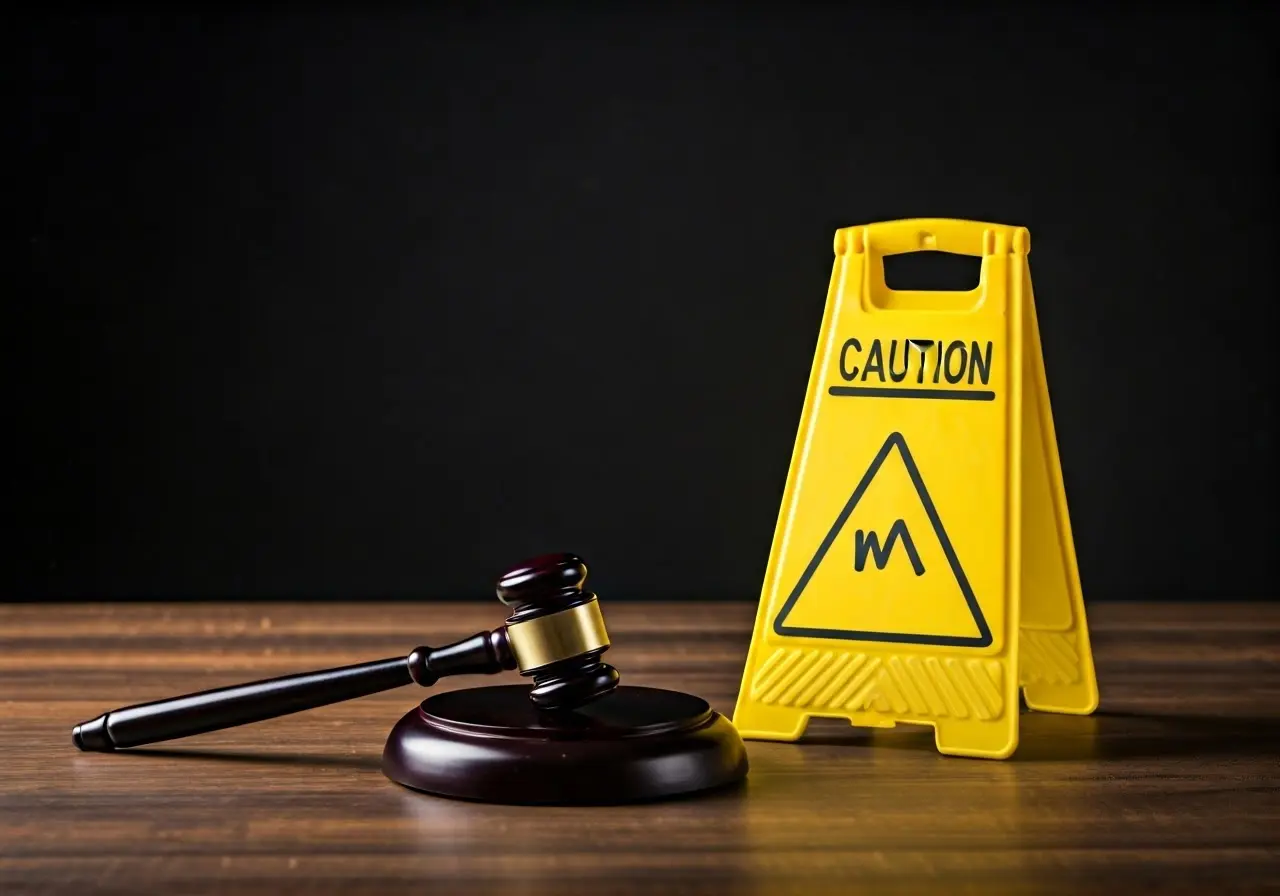What Questions Should I Ask a Slip Fall Lawyer During a Consultation?
Meeting with a slip and fall lawyer can be an important first step if you’ve been injured in such an incident. Knowing what to ask can help you understand your case better and provide clarity on how to proceed. In this guide, we’ll explore essential questions you should ask during your consultation.
What is Your Experience with Slip and Fall Cases?
Understanding a lawyer’s experience with slip and fall cases can reassure you of their capability to handle your situation effectively. Ask about similar cases they’ve worked on and their outcomes to gauge their expertise.
You might also want to inquire about any specialized training or continuing education they have completed in this field. This information can provide further insight into how current they are with slip and fall case law and trends, potentially benefiting your case.
Additionally, ask them to describe a challenging slip and fall case they have handled and how they navigated its complexities. This can give you a better understanding of their problem-solving skills and strategic thinking.
What is Your Assessment of My Case?
It’s important to know how your lawyer views the strengths and weaknesses of your case. This assessment will help in setting realistic expectations and creating a robust legal strategy.
Consider asking them to walk you through the different stages of your case, based on their initial evaluation. This can help you visualize the process and anticipate any critical decisions you might need to make.
Normally, their evaluation will include a discussion on liability, damages, and potential defenses from the other party. This information is crucial and will affect each step you take moving forward.
What Are the Potential Challenges?
Discussing potential hurdles can prepare you for what might be ahead. Understanding these challenges allows you and your lawyer to strategize on how to overcome them.
Ask about common challenges in slip and fall cases in your specific jurisdiction. Local laws and regulations can significantly impact your case, and a knowledgeable attorney will be aware of these nuances.
Potential challenges might also include gathering sufficient evidence or dealing with an uncooperative defendant. Discussing these with your lawyer can ensure you’re prepared for various scenarios.
How Do You Charge for Your Services?
Clarifying the fee structure upfront can prevent misunderstandings later on. Find out if they work on a contingency basis and any other costs you might be responsible for during the legal process.
Furthermore, ask for a detailed breakdown of potential expenses, such as court fees, expert witness fees, and other incidental costs that might arise. Knowing these can help you budget accordingly.
For some, it is comforting to know about the lawyer’s policy on consultations and other meetings. Determine if these are billed separately or included in their contingency fee.
What Outcome Can I Expect?
While no lawyer can guarantee a specific result, a seasoned attorney can give you an idea of potential outcomes based on similar cases. This helps in understanding what’s realistic and preparing accordingly.
Ask your lawyer about best-case, worst-case, and most likely scenarios. This will provide a spectrum of outcomes, helping you to balance optimism with practicality.
Inquire whether alternative dispute resolutions, like mediation or arbitration, might be viable in your situation. These can often lead to quicker and less costly outcomes compared to a trial.
Wrapping Up Your Consultation
Preparing thoughtful questions ahead of your consultation can significantly impact the outcome of your meeting with a slip and fall lawyer. By addressing these key areas, you’ll better understand your case and build a strong attorney-client relationship.

